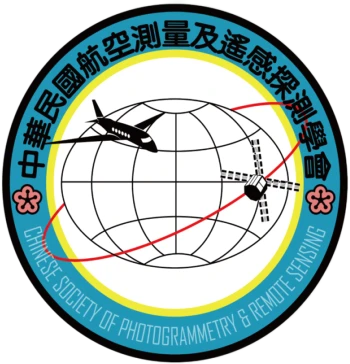The indices of evaluating the performance of GNSS are composed of satellite availability, positioning accuracy, integrity and reliability. The future GNSS including stand alone modernized GPS, Galileo or GPS/Galileo integrated system will support more satellites, more observable frequencies and better signal quality comparing to current GPS. Therefore, the positioning accuracy, reliability and efficiency can further be enhanced. For surveying communities, those improvements are very critical. Since the compatibility between modernized GPS and Galileo is enhanced in the design phase and both of them will share two frequencies (L1/E1, L5/E5a), therefore, the receiver supporting dual-systems and dual-frequencies will dominate the geodetic grade GNSS receiver market in the future based on the accuracy enhancement and cost anticipated. This study aims at using the GNSS software simulator developed in the department of Geomatics, NCKU to analyze the three dimensional positioning accuracy, internal reliability (MDB) and external reliability (MDE) in Taiwan region based on three different scenarios including stand along modernized GPS, Galileo and GPS/Galileo integrated system.

